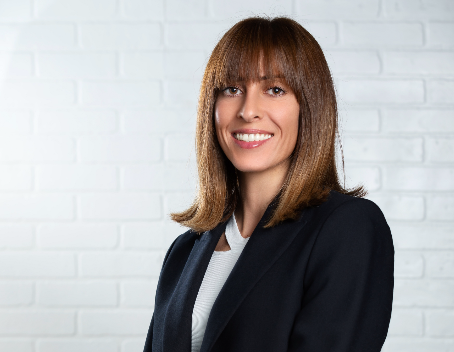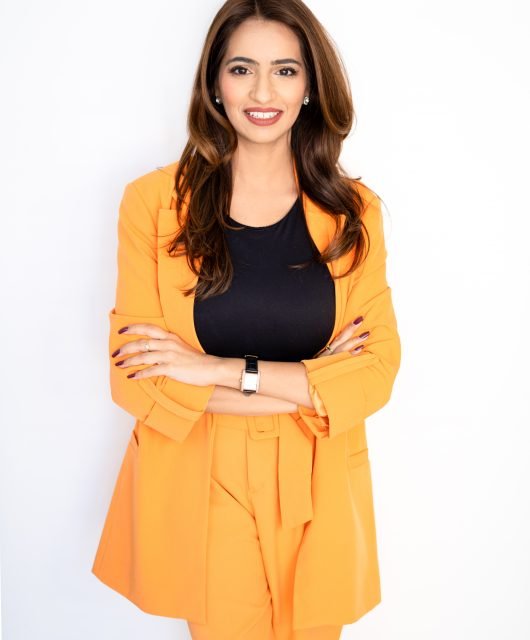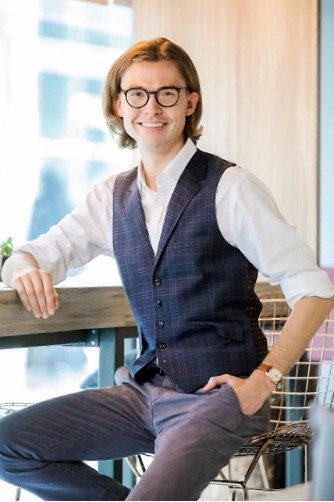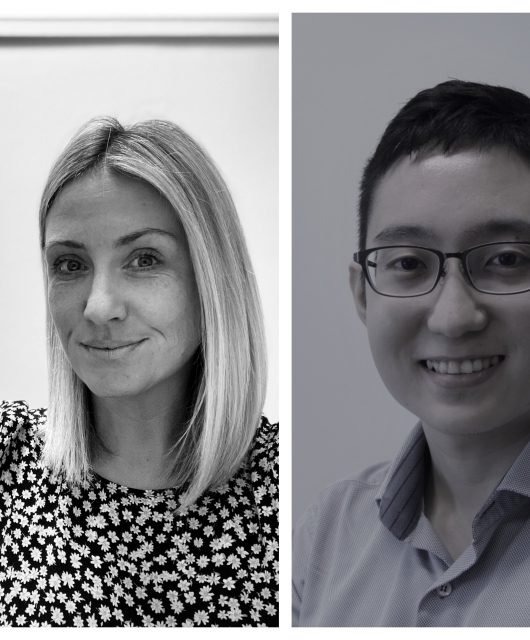By: Dr Rodney Collins, SVP Director, MW Truth Central Europe & UK
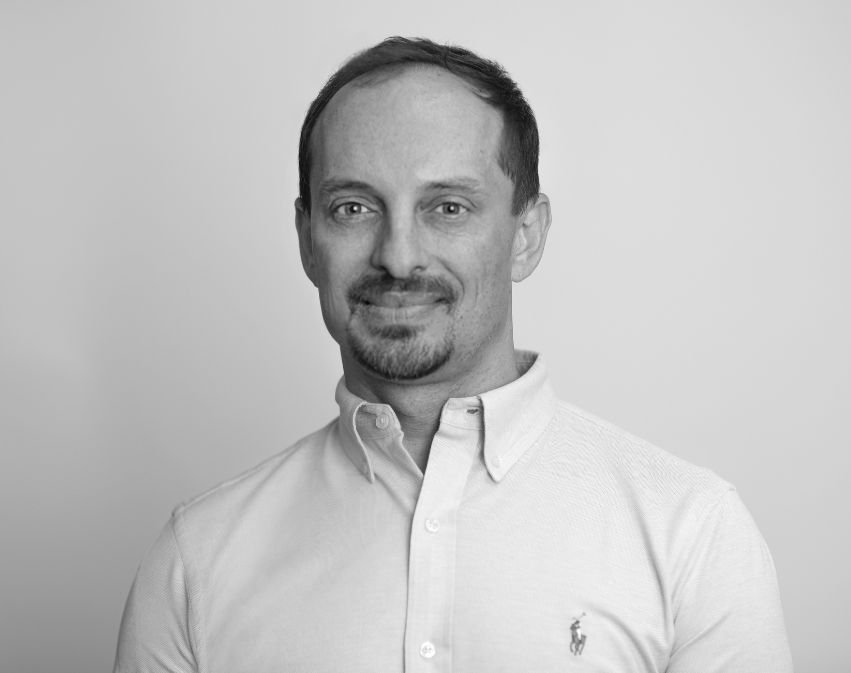
For the past eight years, I have been part of a team that is dedicated to generating cultural intelligence on a global scale for the McCann Worldgroup network of agencies. We have conducted 22 global studies, with direct involvement of over 100+ countries through a multi-pronged approach combining innovative qualitative and quantitative methods of data collection and analysis. In fact, one of our largest scale studies involved a proprietary method – Truth About Street – that had more than 20,000 employees conducting interviews and ethnographic observations in cities around the world.
As an anthropologist dedicated to unearthing contextual truth, The Truth About Street was a milestone achievement in the pursuit of the lived experiences of people around the world. The COVID pandemic has no doubt suspended immersive qualitative methodological approaches to tracking culture. This is a critical challenge at a time when the dynamics of culture are more volatile and unpredictable than ever before – at least in our history as an intelligence unit. One year ago, as agencies across our network began to lockdown, from East to West and North to South, we quickly adapted our strategy for 2020. Rather than pause our efforts, we accelerated them by fielding a bi-weekly and now monthly pulse on the human and cultural experience of the pandemic captured in Truth About Culture and COVID-19 and continue to track the changes in 2021. (https://truthaboutcoronavirus.mccannworldgroup.com/p/1).
We also deepened our sustained engagement with a group of external Gen Z ethnographers who we have trained in the essential techniques of cultural anthropology. This established network of Gen Z ethnographers has been instrumental in supporting our team’s commitment to sustained, contextual, and agile human-first global research. More importantly, it is fuelling our mission to help brands earn a meaningful role in people’s lives. As we connect with these young people intermittently throughout the pandemic, we bring the art of listening together with the science of observation in a context of cascading crisis.
This has propelled us to move away from the more flexible timelines of a think tank to adopt the pace of a newsroom, often developing intelligence 24/7 with partners in diverse time zones. We call this The Solution Room where we are bringing together experts around the world to activate our intelligence as it directly informs solutions for our clients’ problems. We have been humbled by the expectations that diverse audiences have for intelligence in these times – and what kinds of questions are being asked of data when it is available. This shouldn’t be a surprise given the scale of misinformation and the intensity of mistrust that people generally have of the media today – with one out of three people globally having lost trust in mainstream media since the pandemic began.
There has rarely been a moment when original, exploratory research has been more meaningful. While there have certainly been times in marketing when this kind of research and intelligence is nice to have, it’s increasingly become crucial to have a contemporary (even real-time) understanding of the contextual qualities of people’s lives. In fact, our research shows that people around the world believe that having a better understanding of ordinary people is the number one thing that leaders (i.e., CEOs, politicians etc.) could do to improve their performance.
In this light, the pandemic has not so much introduced new dynamics, as it has amplified our need to deploy ethnographic capabilities. Take, for instance, the powerful and promising momentum that the Black Lives Matter movement gathered. One out of three people around the world believe that COVID has emphasised existing inequalities – and there is mounting evidence to underscore this observation as the cascading crises of the pandemic unfold. Yet, to understand the depth of these shifts in culture also further highlights the gaps in our research strategy prior to the pandemic. The heightened inequality that we are witnessing is most importantly an invitation to sharpen our approaches to social and cultural life: who are we inviting into the research process? How collaborative and participatory are our methods? Whose questions are being answered and whose are being silenced? Indeed, when it comes to marketing, slightly more than half of the world’s people would prefer a brand that understands their frustrations rather than provides them with dreams, rising to nearly 70% in the US and the UK.
On the flip side, we have been reassured to learn that when it comes to the levels of trust that people have in brands and businesses, this has suffered the least; in fact, people are nearly twice as likely to have lost trust with people from their own country than with brands and businesses. It is our conviction that these brands and businesses – of which we are one – have a duty to uphold that trust and to honour those expectations. This is especially important as we partner with our teams and our clients around the world both in navigating the cascading crises catalysed by the pandemic as well as in process of preparing for recovery. Indeed, the pathway to renewal is going to require the right balance of local and global collaboration depending on where you are in the world. Our commitment to understanding and representing these differences through grounded, original research is at the core of our mission. This was our mission before the pandemic, and it will be our mission as we step into the age of renewal.


